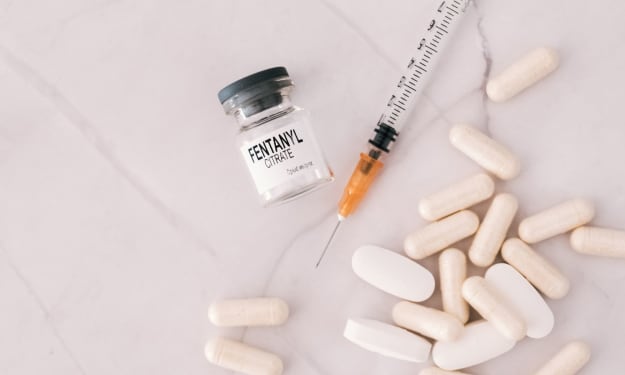How I Changed My Opinion About Medically Assisted Treatment
After running out of options, I gave something else a try.

After being in and out of treatment centers for heroin addiction and in and out of mental health facilities for bipolar disorder, I had formulated strong misconceptions about both the addiction industry and the mental health field. I thought there was nothing that would work for me—no pharmaceutical pill could take away the mental health symptoms I was dealing with. No type of therapy would be able to keep me sober, and I certainly wasn't going to agree to medically assisted treatment.
One could say that I tried everything. I tried twelve-step fellowships, I tried 90-day rehab, I tried every medication for bipolar disorder under the sun. Inevitably, I always found myself with a needle in my arm once again. For whatever reason, I couldn't stay sober.
I had read a lot about the risks of drugs like Suboxone and buprenorphine. I read about their potential for abuse and had heard horror stories from within the recovery community. I had this idea that using these kinds of harm reduction drugs would simply allow me to replace one opioid with the next. However, getting to a place where I had given up hope that abstinence could work for me, I decided to try medically assisted treatment.
When I got to detox, I had to wait until I was in full-blown heroin withdrawal before I could get any medication. Once I did, my withdrawal symptoms subsided, but I was still mentally obsessing over using heroin. I had this misconception that I would be on Suboxone for the rest of my life and have to battle the chronic obsession within my mind.
Fortunately, the treatment center I was at focused on integrating medically assisted treatment with cognitive behavioral and holistic therapies. This would allow my body to adjust to life without heroin while treating the psychological aspect of addiction as well.
By the end of my 90-day stay, I learned how to manage my mental illness through the right cocktail of medication, mindful meditation, and exercise. For the first time, I was actually treated for the symptoms in my mind rather than for the illness itself. I had also begun to taper down my daily dose of Suboxone while being medically supervised. Six months into being free from heroin, I was also completely off of Suboxone.
This made me see how misconstrued my perceptions of medically assisted treatment were. Although Suboxone does have the potential to be abused, for many people it can be beneficial if they are taking it in a medically supervised setting.
This experience showed me to stop being so closed minded to modern day addiction treatment methods, because today I am five years clean and sober.
While the risk potential of Suboxone certainly shouldn't be discredited as it is not for everyone, the benefits it can bring to addicts like me deserve to be considered.






Comments
There are no comments for this story
Be the first to respond and start the conversation.